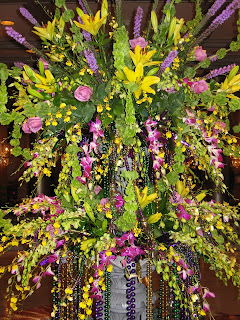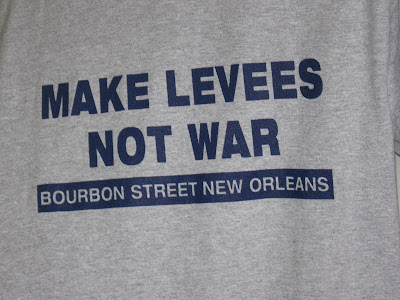Valentine to Planet Earth
You might be too late to order fair trade roses for your true love this Valentine’s Day, but if you’re a gardener – or just someone who loves the good earth – it’s not too late to learn abut Fair Trade certified flowers.
Fair Trade flowers come with a special label that lets you know they were grown under socially, environmentally and economically sustainable conditions. In these climatically challenged times, that’s a relief for a lot of us. In fact, a study by the Hartman Group found that 73 percent of American consumers believe their purchases have a significant impact on society, and they’re actually willing to pay a 10 percent premium for sustainable products. So far it’s been mostly things like coffee and chocolate.
But now flower growers are catching on. So far more than 30 growers in Ecuador, Colombia and Africa – yes, your pretty little bouquet probably flew half-way around the world to get to your grandmother on her birthday or your true love on Valentine’s Day – have signed on. Those growers represent more than one billion flower stems. When you see the Fair Trade Certified label you’ll know that the flower farms comply with rules about pesticide use, water conservation and wastewater treatment. And that their workers wear protective gear when handling chemicals and receive fair wages, child care and other benefits.
I first learned about Fair Trade flowers when I read Amy Stewart’s book, “Flower Confidential: The Good, The Bad and the Ugly in the Business of Flowers.” Click here to read my interview with her – and look for her piece on this topic in the debut issue of OrganicStyle.com.
According to TransFair USA, an independent nonprofit that certifies Fair Trade products in this county, you can order these eco-friendly blooms online from samsclub.com and 1-800-FLOWERS.COM. More retailers – and flower farms – are sure to follow since sales of Fair Trade Certified products are already a $730 million annual business.
So when you say it with flowers, make sure you’re saying something that matters. Make everyday Valentine’s Day for Planet Earth.
Fair Trade flowers come with a special label that lets you know they were grown under socially, environmentally and economically sustainable conditions. In these climatically challenged times, that’s a relief for a lot of us. In fact, a study by the Hartman Group found that 73 percent of American consumers believe their purchases have a significant impact on society, and they’re actually willing to pay a 10 percent premium for sustainable products. So far it’s been mostly things like coffee and chocolate.
But now flower growers are catching on. So far more than 30 growers in Ecuador, Colombia and Africa – yes, your pretty little bouquet probably flew half-way around the world to get to your grandmother on her birthday or your true love on Valentine’s Day – have signed on. Those growers represent more than one billion flower stems. When you see the Fair Trade Certified label you’ll know that the flower farms comply with rules about pesticide use, water conservation and wastewater treatment. And that their workers wear protective gear when handling chemicals and receive fair wages, child care and other benefits.
I first learned about Fair Trade flowers when I read Amy Stewart’s book, “Flower Confidential: The Good, The Bad and the Ugly in the Business of Flowers.” Click here to read my interview with her – and look for her piece on this topic in the debut issue of OrganicStyle.com.
According to TransFair USA, an independent nonprofit that certifies Fair Trade products in this county, you can order these eco-friendly blooms online from samsclub.com and 1-800-FLOWERS.COM. More retailers – and flower farms – are sure to follow since sales of Fair Trade Certified products are already a $730 million annual business.
So when you say it with flowers, make sure you’re saying something that matters. Make everyday Valentine’s Day for Planet Earth.













